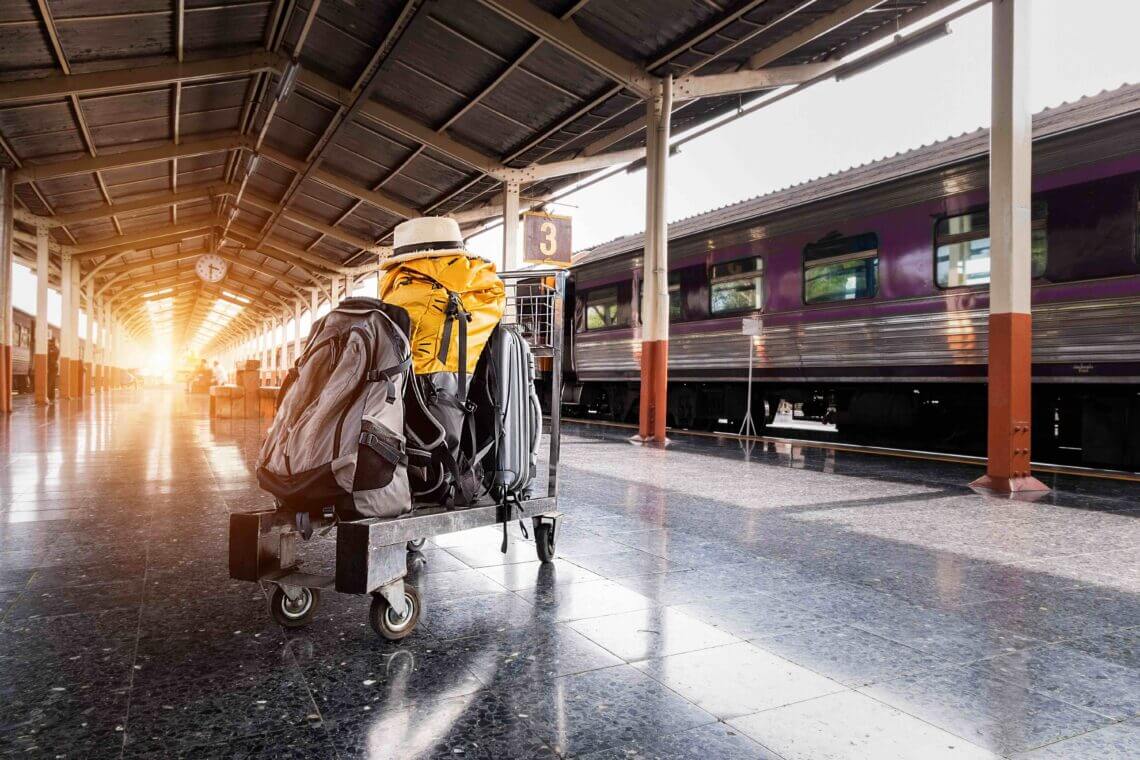
General travel safety tips
Safety isn’t always at the forefront of our minds with all the excitement that comes with travelling. However, it is important to remember, when travelling, that you are in a new environment, often in big cities with different primary languages. Being alert and aware of your surroundings could potentially save your life, especially for those travelling on their own for the first time.
Here are some tips to ease the stress of staying safe, so you can make your travel experience even more enjoyable.
Learn about your destination
Before you head overseas, do your research. Inform yourself about which neighbourhoods to avoid and what crimes often happen there. Know where your hotel is and local transportation spots. Downloading travel apps can be helpful. For example, Sitata Travel Safe monitors things like disease outbreaks and violent protests, and it alerts your phone when anything dangerous occurs. BSafe sends a live video and audio stream to your emergency contacts whenever you activate it, which can be done by saying “SOS.”
Another great tool is the Government of Canada travel advisory website. The site can inform you if anything dangerous is happening in a particular place before you plan a trip there. It’s also a great resource for learning about a country’s laws, driving rules and other concerns you may have.
Travel insurance
Just because you are young, that does not mean that you’re invincible. Travel insurance can help with any medical emergencies or even things like lost or stolen luggage. You never know when emergencies can arise; having travel insurance can ease the stress of any unforeseeable situations. Research which insurance company best meets your needs.
Pay attention to your belongings
In large airports, train stations or just walking through big cities, it’s important to keep your belongings close by. If you’re in a crowded area and you aren’t paying attention — for example, if you’re looking at a map or watching a street performer — a pickpocketer may try to take off with your valuables. Pay close attention to your belongings. One way to ensure that essential items like your money and passport are protected is to wear your backpack in the front, or to wear a fanny pack that allows for your valuables to stay as close as possible.
Be aware of scams
Scams are an age-old tourist trap and can happen just about anywhere. Some major scams include:
- The taxi overcharge: Taxi drivers may either say the meter is broken and overcharge you, or drive in circles to make the ride more expensive. The best way to avoid this is by knowing roughly how much the ride should be, as well as asking the cab driver questions about the price before getting in.
- The shell game: Whether it’s hiding a ball under a cup or some sort of card game, these games are designed to make you lose and lose again! It’s best to skip these altogether to avoid losing money on bets.
- Free bracelets or anything that can be put on you: A common scam in Europe involves someone approaching you to offer you a bracelet, which they claim is free. Once it’s on, they demand you that you pay for it.
The best approach to most of these situations is ignoring the scammers. If you don’t make eye contact, they’ll eventually move on to the next person.
Stay alert on a night out
Going out for drinks can be a time when we drop our guard. It’s important to remember that you are in a foreign place and don’t know who could be waiting to prey on you. Keep an eye on your drink and travel in groups, especially on your way home. Most importantly, avoid getting totally drunk.
Taking a cab home at the end of the night is probably your best bet, but avoid going alone or notify friends that you are heading home. Go out and have fun, but it’s important to stay alert in order to stay safe.
Don’t withdraw a lot of money at once
Take out enough money for the day, but avoid carrying a lot of cash. Always check the ATM for skimmers, which are often placed over card insert areas to steal credit card information. Radio-frequency identification (RFID) blocking wallets are a great way to prevent your credit card information safe from being stolen.
Keeping some money or backup credit cards in your hotel safe is a good idea in case of wallet or purse theft. When possible, try to pay in small bills to avoid potentially receiving counterfeit money for change.
Keep emergency numbers with you
Write down emergency phone numbers such as police and other services in the area. It’s also a good idea to have emergency contacts back home, in case you or a friend travelling with you needs to contact your family. As an extra precaution, you can research in advance where police stations and hospitals are located, for potential emergencies.
Learn food and water safety
Travelling comes with experiencing new cultures and often new foods. However, it’s important to make sure whatever you’re eating or drinking is safe. Find out before your trip whether the tap water is safe to drink, and avoid doing so if it’s not safe. Ensure your food is always fully cooked. It may also be helpful to check reviews from restaurants you plan on going to. For people with allergies, make sure to express that to those preparing your food.
Don’t trust people too quickly
Be careful who you trust; other travellers can be dangerous, too. Trust your instincts and get out of situations that make you uncomfortable. Don’t share too much information with strangers about where you’re staying or where you’re heading to.
Travelling is about exploring and taking adventures, but remember to be cautious and prioritize safety above all else.
About the author
Youth Mind’s Contributing Editor turned Managing Editor, Haeley DiRisio, aspires to one day become a published author, preferably writing from the comfort of a cottage in the English countryside.







